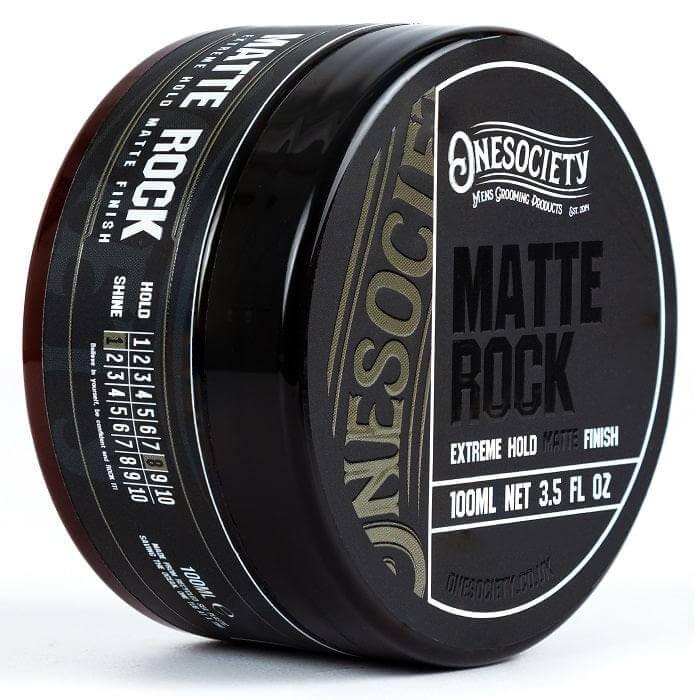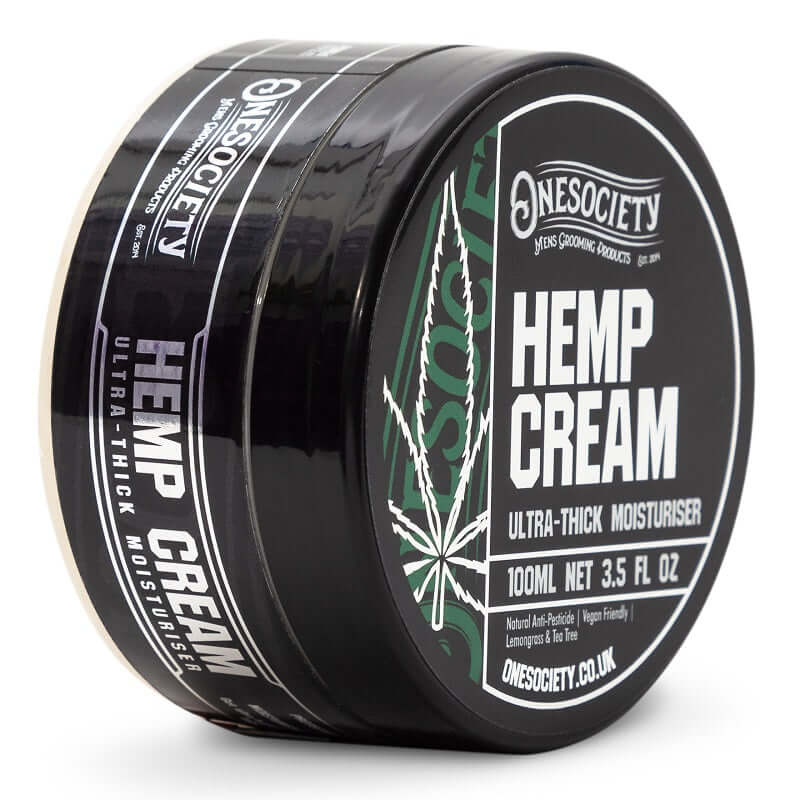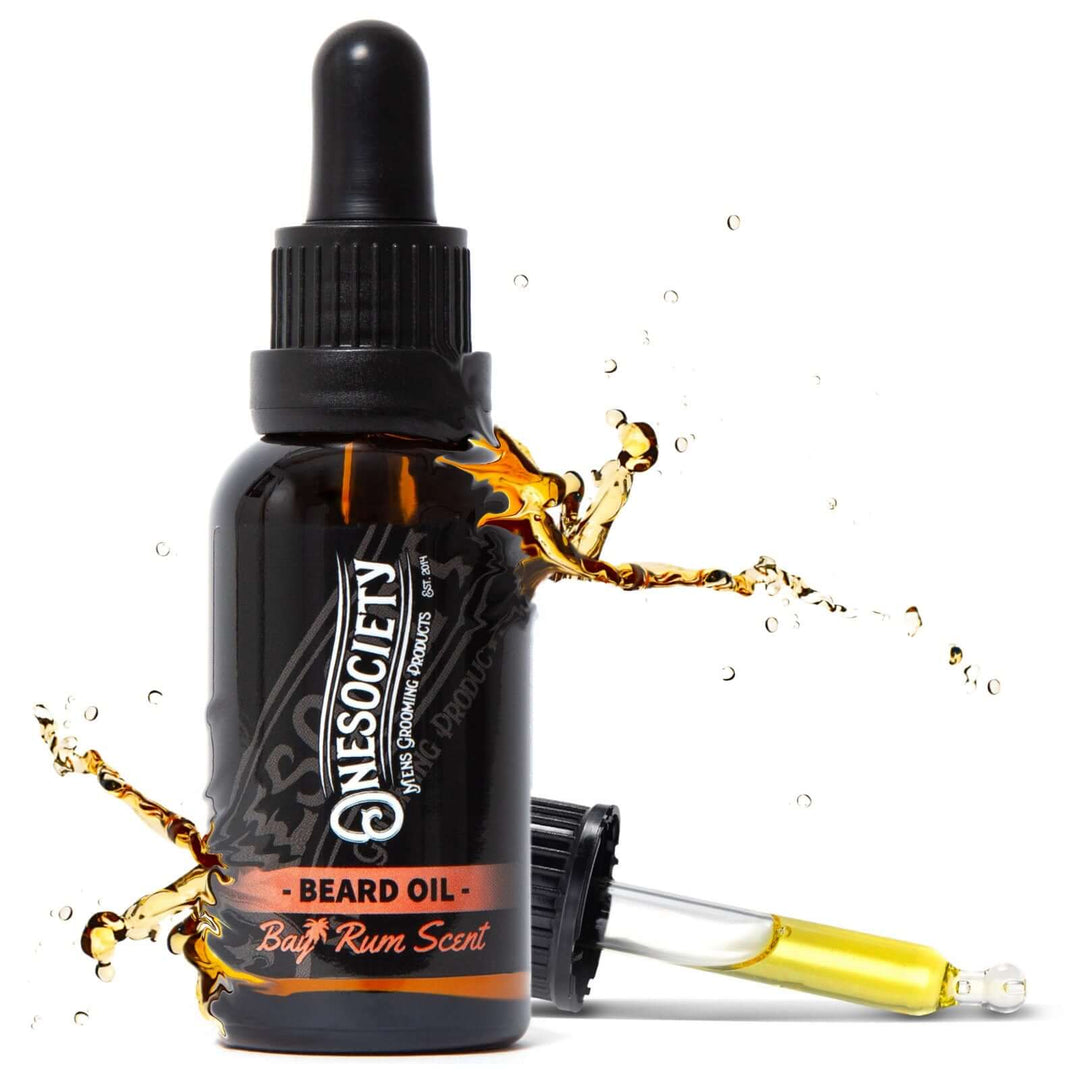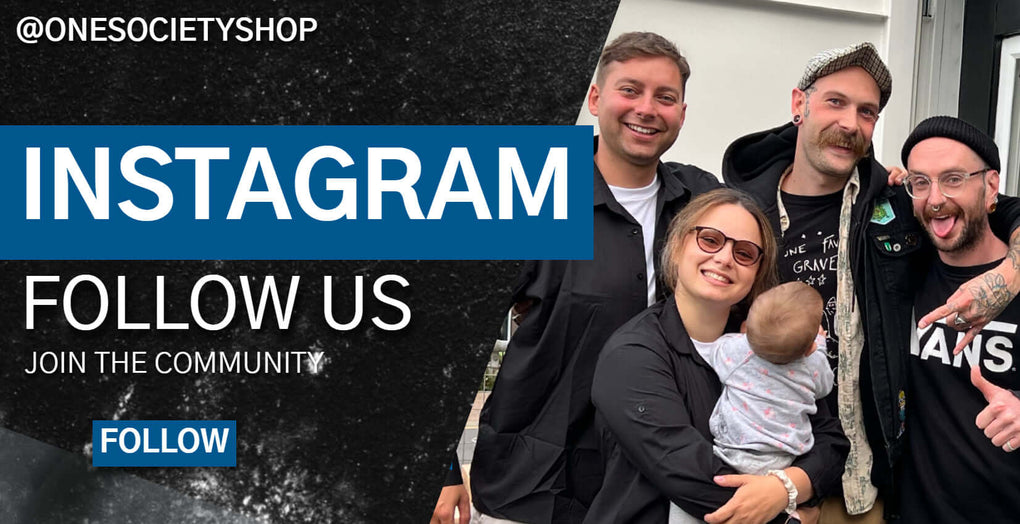What is Beard Butter, is it good?

What Is Beard Butter?
When you hear the words 'beard butter' your mind instantly goes to imagining a bearded fellow smothering his chin with Flora, 'I can't believe it's not butter'.
Well, let me put your mind at ease, it may be as light a fluffy at first glance, but our wonderful tubs of beard butter are far from your common toast spreading churned cream.

Packed with natural, vegan friendly nutrients and acids, our 50ml beard butter is crafted to compliment your skin and beard hair, softening, conditioning, soothing and allowing for healthy thicker, itch free beard growth.
These of course are so huge claims, so we thought, why not back them up with detailed information of the ingredients we use!
SHEA BUTTER
Shea Butter is fat that’s been extracted from shea tree nuts. It’s off-white or ivory-coloured and has a creamy consistency that’s easy to spread on your skin. Most shea butter comes from shea trees in West Africa.
High concentrations of fatty acids and vitamins make shea butter an ideal cosmetic ingredient for softening skin. Shea butter also has anti-inflammatory and healing properties. Using shea butter on your body, especially your face, can condition, tone, and soothe your skin.
COCONUT OIL
When it comes to hair, using coconut oil helps maintain moisture and prevent protein loss from combing damage. That’s great news if you’ve been plagued by dry, itchy scalp, dandruff, hair loss and even frizz. All that fatty acids goodness also make it perfect for nourishing chapped lips, dry cuticles and brittle nails.

COCOA BUTTER
Cocoa butter is high in fatty acids, which is why it’s often touted for its ability to hydrate and nourish the skin and improve elasticity. The fat in cocoa butter forms a protective barrier over skin to hold in moisture.
Cocoa butter is also rich in natural plant compounds called phytochemicals. These substances may improve blood flow to the skin and slow skin aging by protecting against damage from the sun’s harmful UV rays.
One common use of cocoa butter is to smooth scars, wrinkles, and other marks on the skin. Cocoa butter has also been promoted to heal rashes from conditions like eczema and dermatitis.
MANGO BUTTER
Mango Butter is non-comedogenic. That means that it won’t clog pores or aggravate acne-prone skin. This makes Mango Butter a great choice for moisturizing almost any skin type. Dry skin will love the highly moisturising emollience of this butter, while those with sensitive skin will adore using a butter that is 100% pure and free of irritating additives and fragrances.

Mango Butter has a remarkable texture that is light and non-greasy but also creamy and highly moisturizing. This smooth butter glides on easily and absorbs into the skin and hair with ease. The consistency melts so beautifully.
ARGON OIL
Argon oil is rich in oleic acid, which can improve skin permeability and assist with other ingredients penetrating the skin barrier.
Thanks to high levels of vitamin E and essential fatty acids (namely, oleic acid and linoleic acid) argon oil has extremely hydrating effects for dry skin.
The omega fatty acids in argon oil also help to strengthen tissues in skin and therefore can aid in wrinkle prevention.
NATURAL VITAMIN E
Vitamin E is a powerful antioxidant that may be effective at reducing UV damage in skin. And vitamin E applied topically may help nourish and protect your skin from damage caused by free radicals.
In one study, reported using vitamin E reduced acute and chronic skin damage caused by UV irradiation.
JOJOBA OIL
Jojoba oil regulates sebum production because its so similar to the sebum that your body produces naturally.
When you put jojoba oil on your skin, your skin is soothed and moisturized. This sends a signal to your hair and sweat follicles that your skin doesn’t need additional sebum for hydration.
This keeps skin from looking oily and helps prevent acne caused by clogged pores.

The antioxidants in jojoba oil may help your body produce collagen. Collagen is a protein that’s in your skin and joints as well as the parts of your body made of cartilage.
Collagen levels decrease as you get older. This is part of the reason your facial structure changes as you age. At least one study links antioxidants applied to the skin to improved collagen synthesis.






















